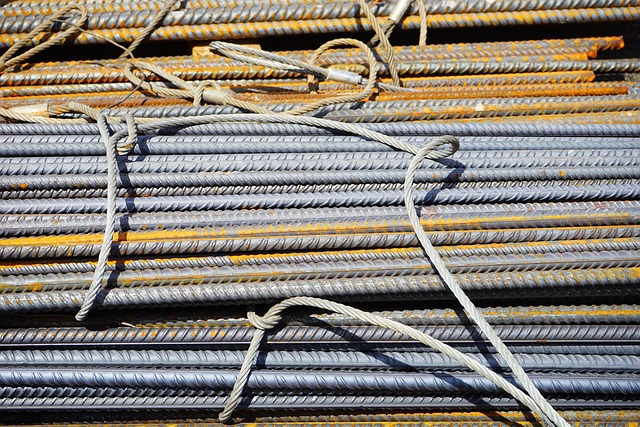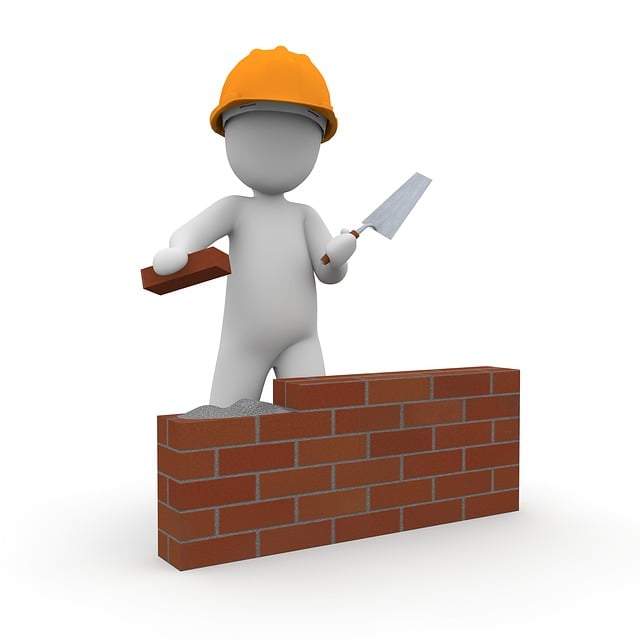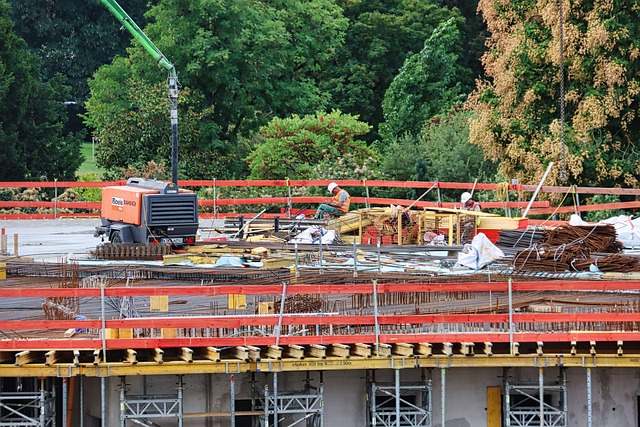Understanding construction loan options in Denver is crucial for building projects. Traditional loans fund both land and construction, while FHA 203(k) simplifies renovations. Denver construction loans offer flexible cash flow, but larger projects may require private equity or bank financing. Lenders assess financial viability, project scope, borrower creditworthiness, location, market trends, and long-term value appreciation. Proper preparation, including financial statements and project plans, streamlines the application process for construction loan denver approval.
“In the vibrant construction landscape of Denver, securing financing is a crucial step towards turning architectural visions into reality. This comprehensive guide explores the diverse construction loan options available in the city, catering to various project types. We delve into the factors lenders consider during approval, offering insights for a smoother application process. Whether you’re embarking on a residential or commercial venture, understanding these dynamics will equip you with the knowledge to navigate the financing maze and transform your construction dreams into tangible structures.”
- Understanding Construction Loan Options in Denver
- Types of Construction Financing for Different Projects
- Key Factors Lenders Consider When Approving Loans
- Navigating the Application and Approval Process
Understanding Construction Loan Options in Denver

Understanding construction loan options is crucial for anyone undertaking a building project in Denver. The city’s vibrant construction landscape offers various financing choices tailored to different needs, be it residential renovations or commercial developments. One popular option is the traditional construction loan, which provides funding for both the construction and purchase of land, with repayment structured over time as the project progresses.
These loans are particularly attractive for those looking to build new homes or commercial spaces from scratch. Lenders in Denver often require detailed plans, permits, and appraisals before approving such loans. Additionally, there are government-backed loan programs available, like the FHA 203(k) loan, designed to facilitate renovations while providing financial protection for borrowers. Exploring these construction loan denver options can significantly streamline the funding process for any construction project.
Types of Construction Financing for Different Projects

Construction projects, whether residential or commercial, require substantial financial backing. Understanding the various types of construction financing available is crucial for project managers and homeowners alike when bringing their building visions to life in Denver. For instance, a construction loan denver is designed specifically to fund the active phase of a build, offering flexibility for builders to manage cash flow during construction. These loans are typically structured as a disbursement process, where funds are released upon meeting specific milestones, ensuring responsible borrowing and use of funds.
For larger-scale projects or developments, investors and lenders often prefer seeing detailed plans, permits, and a proven track record of similar successful builds. This may lead to the involvement of private equity firms or bank financing, offering different terms and conditions tailored to the project’s scope and the borrower’s capacity. A construction loan denver, when paired with robust project management and clear financial planning, can be a powerful tool to navigate the complexities of funding an ambitious construction endeavor.
Key Factors Lenders Consider When Approving Loans

When evaluating construction projects in Denver for loan approval, lenders consider several critical factors. First and foremost, they assess the project’s financial viability, examining detailed cost estimates, budget plans, and expected returns. This includes gauging the borrower’s ability to repay the loan through future cash flows from the completed project. Lenders also meticulously review the project’s scope, ensuring it aligns with market demands and has a clear path to profitability.
Additionally, lenders pay close attention to the borrower’s creditworthiness and experience in the construction sector. A solid track record of successful projects and positive relationships with subcontractors and suppliers can significantly enhance loan approval chances. Other considerations include the project’s location, local market trends, and potential for long-term value appreciation. Lenders want to ensure that the construction loan in Denver is a secure investment with a high likelihood of repayment.
Navigating the Application and Approval Process

Navigating the application and approval process for a construction loan in Denver can seem daunting, but with careful preparation, it becomes more manageable. Borrowers should start by gathering all necessary documents, including financial statements, property appraisals, and detailed project plans. These elements are crucial for lenders to assess the viability of the project and evaluate the borrower’s creditworthiness.
Once prepared, applicants can approach local banks or specialized construction loan providers in Denver. The application process typically involves filling out comprehensive forms, providing the required documents, and potentially attending interviews. Lenders will scrutinize the project’s feasibility, market demand, and the borrower’s ability to repay. Timely responses to any additional requests from lenders are essential to expedite the approval process for a construction loan in Denver.
In conclusion, understanding your construction loan options in Denver is pivotal for a successful project. By familiarizing yourself with various financing types tailored to different projects and grasping the key factors lenders consider during approval, you’ll be well-equipped to navigate the application process. Denver’s robust construction landscape offers numerous opportunities, and with the right financial strategy, your vision can become a reality. Remember, a solid construction loan denver is the foundation for turning architectural dreams into tangible structures.
